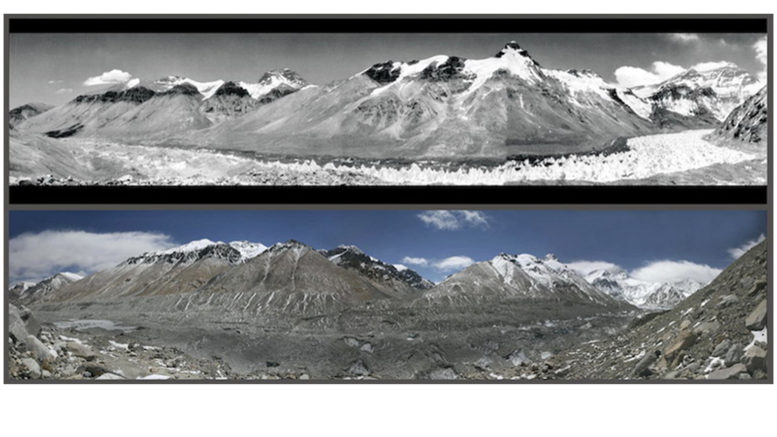DHARAMSHALA: Zeng Rong, the spokesperson for the Chinese embassy in the United Kingdom on September 3 published a rebuttal (click here), to the hard-hitting op-ed titled ‘Tibet’s fragile ecosystem is in danger, China must change its flawed environmental policy,’ authored by President of Central Tibetan Administration Dr Lobsang Sangay and published in The Guardian (click here) on August 8.
In his op-ed, President Dr Sangay highlighted the strategic importance of Tibet as both the driver and an amplifier of global warming and has called on China to reign in their flawed environmental policy.
“Today, the Chinese government’s flawed environmental and developmental policies have turned this resource-rich plateau and fragile ecosystem into a hub of its mining and dam building activities. This not only changes the water map of Asia for the worse but also contributes to an environmental crisis, which in turn contributes to climate change across Asia. The rising temperatures on the roof of the world make Tibet both a driver and amplifier of global warming.”
President Dr Sangay further claimed that the year 2016 has been a year of natural disasters and that the glacial avalanche in Aru in the Ngari region (Western Tibet), and mud floods and a landslide in Amdo (eastern Tibet) and floods in Kham (south east region of Tibet) are the cumulative effect of climate change.
“More cases of natural disasters are imminent. The Chinese government must consider these impending threats and accordingly orient its urban development project towards mitigating the increasing threats posed by climate change,” said Dr Sangay.
Dr Sangay further wrote that “the Chinese government must take into consideration the fragility and delicate nature of Tibet’s environment and reign in the factors that contribute to environmental crises in Tibet such as rapid urbanisation, transfer of Chinese population into Tibet, unchecked mining on Tibet’s sacred mountains, and damming of Tibet’s rivers to facilitate hydro power projects.”
“Tibet’s environment impinges on regional and global security. The global efforts to reign in China’s policies in Tibet underpinning an oversight of the importance of Tibet’s environment and sensitivity over its fragile ecosystem, must be robust. In the age of climate change the future of Asia and by extension that of our planet Earth hinges on the developments in Tibet, the roof of the world,” he wrote.
Dr Sangay decried the flawed environmental policies of Chinese government and argued that the real beneficiaries of Chinese government’s development projects in Tibet are the Chinese officials who pocket their share of the gain, the Chinese companies and the Chinese employers benefitting from the economic opportunities.
Zeng Rong, the spokesperson for the Chinese embassy in the U.K, has contested the case made by President Dr Sangay and called it misleading. He has argued that ‘Ethnic Tibetans’ are the major beneficiaries of China’s environmental projects.
“Demographically, ethnic Tibetans constitute the majority and continue to be the main beneficiary of the remarkable development in Tibet, with the traditional culture being fully restored, preserved and promoted,” Zeng Rong wrote in his rebuttal.
“In recent years, the Tibet Autonomous Region (TAR) has strictly followed the principle of “keeping development and protection policies in tandem” and has given priority to protection of the ecological environment all along. By the end of 2016, 47 nature reserves had been established in Tibet, covering 35% of the autonomous region’s total land area. In addition, 22 ecological protection zones had been set up. The region’s environmental communiqué in 2016 records that most areas remain in their pristine state, and the environmental quality remains good,” argued Zeng.
Referring to China’s plans on making further investments in building an ecological security shield for the “roof of the world,” Zong mentioned that over 10bn Yuan (£1.1bn) has been budgeted for the period from 2008 to 2030 to fund various eco projects.
“We will continue to invest to minimise the impact of global warming on the Qinghai-Tibet Plateau and achieve sustainable development locally,” wrote the spokesperson for Chinese embassy in the U.K.

